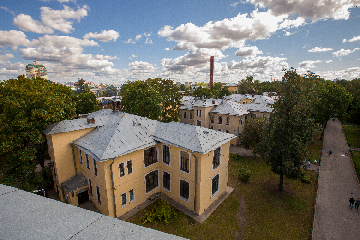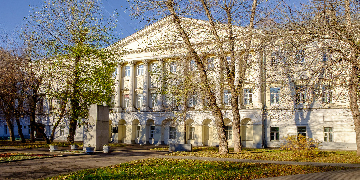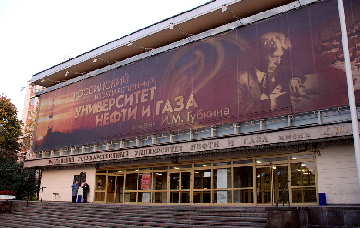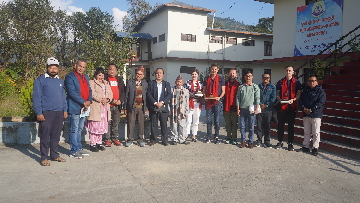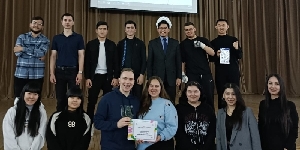For many years, learning Russian as a foreign language in groups has been the most popular work format both at Russian and international universities. The work in an international, especially monoethnic classroom, is based on cultural and sociolinguistic characteristics of students. This helps effectively organize the process of learning and cross-cultural communication.
Learning RFL in Groups. Russian House in India
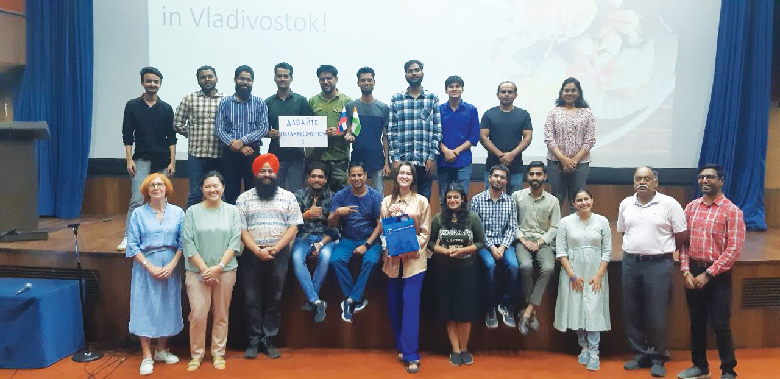

Students from India study Russian both at preparatory faculties in Russia and in their home country. Speaking of the second group, they are interested in getting a job in tourism, including medical tourism, and doing business with Russian companies, so teachers face the task of helping students achieve a certain level of Russian language proficiency, sufficient for communication in social and academic spheres. Group teaching and communicative approach are fit for these purposes as they provide students with the opportunity to hone the speaking skills they will need for their future job.
Role play as a basis of learning
Role plays are one of the forms of dialogic communication teaching that helps students learn how to join in conversation, respond to an opposing opinion, and agree/disagree with the interlocutor. Both participants of the dialogue need to be active and appropriately respond to each other’s remarks.
In the given situation, it is suggested that students act out a dialogue, drawing on the description of circumstances and the reason encouraging communication. For example, “You bought a sweater two days ago, you have discovered a hole in it. Take it back to the shop and explain the problem. You do not want another sweater. You want your money back. Be polite at all times” (Livingstone, 1988, P. 18). Adapting the roleplay format for the Indian audience, you can suggest that students act out the roles of tour guide, seller and buyer, business partners, defining a problem that must be solved during the dialogue.
Indians are communicative and approachable and are willing to actively use Russian in the communication process. This quality is very helpful in improving language skills when students tell about themselves, their family, culture, hobbies, and plans during the dialogue.
Besides, group classes help maintain motivation at a high level thanks to mutual support and the possibility of tracking progress conveniently. Group work also minimizes the fear of real-life communication in Russian.
Naturally, learning Russian does not reduce itself to drilling speaking and basic communication skills. However, teamwork helps perfect lexical and grammatical knowledge in a creative way.
